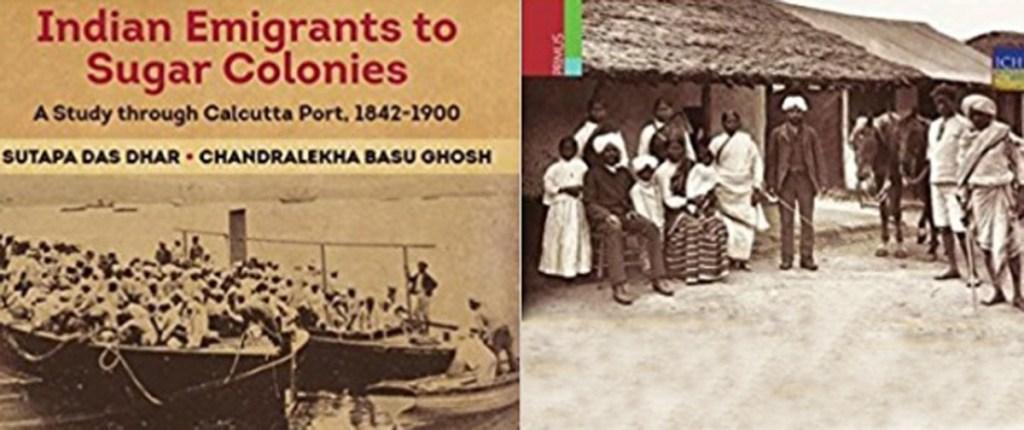Nita Chicooree-Mercier
Africa-Press – Mauritius. We commemorate the arrival of indentured workers recruited from the districts of Calcutta in the wake of a rural exodus from their native Bihar, impoverished by the land reform carried out by the British colonial authorities in the nineteenth century.
Most of the first arrivals returned to their “Desh”, their native country when their contract expired, while others chose to renew it in this new country which they called “Marish Desh”.
And it was in accordance with the laws existing under the colonial power that certain descendants of hired workers acquired plots of land by saving, which gave them a certain independence to cultivate the land to meet their food needs.
And also, they gradually built thatched roof houses with the ground masonry of cow dung, called “the straw box” in the local language to which they also adapted. The link with the country of origin remained interrupted in cultural and spiritual continuity through various associations which were formed locally.
Radio, a wonderful communication tool for connecting the population with local information, worked the magic of bringing “All India Radio” to every cottage that was lucky enough to have one.
This is how the descendants of those engaged in Mauritius, Kenya, Tanzania, Uganda, Trinidad, British Guiana, Suriname and Fiji remained attentive to the developments taking place in India in all domains.
This is how they vibrated in unison to “Vande Mataram”, the Indian national anthem broadcast on “All India Radio” throughout the world from 1947. It is quite natural that the population of Indian origin in Mauritius joined the movement for independence in a context of decolonization on an international scale.
In this wake, it was quite natural that the newspaper “Advance” was born to give voice to sensitivities and aspirations born from common cultural values.
Expression in English (the official local language under British colonial power and which has also become international) seemed to be the most appropriate means of communicating with the population. From 1954, the weekly “Mauritius Times” contributed its voice by opening the range of those who sought to express themselves.
This necessary contribution which promotes a pluralism of opinions and ideas is being undermined today, on the one hand, because of the difficulties caused by Covid for the distribution of newspapers, and on the other hand, by a measure government which has taken a dislike to the entire press since 2014 by boycotting newspapers and refusing to support it financially by sending advertisements. This pernicious measure has been generous to certain newspapers in recent days by allocating them some funding from public funds.
Source: Mauritius Times
For More News And Analysis About Mauritius Follow Africa-Press







